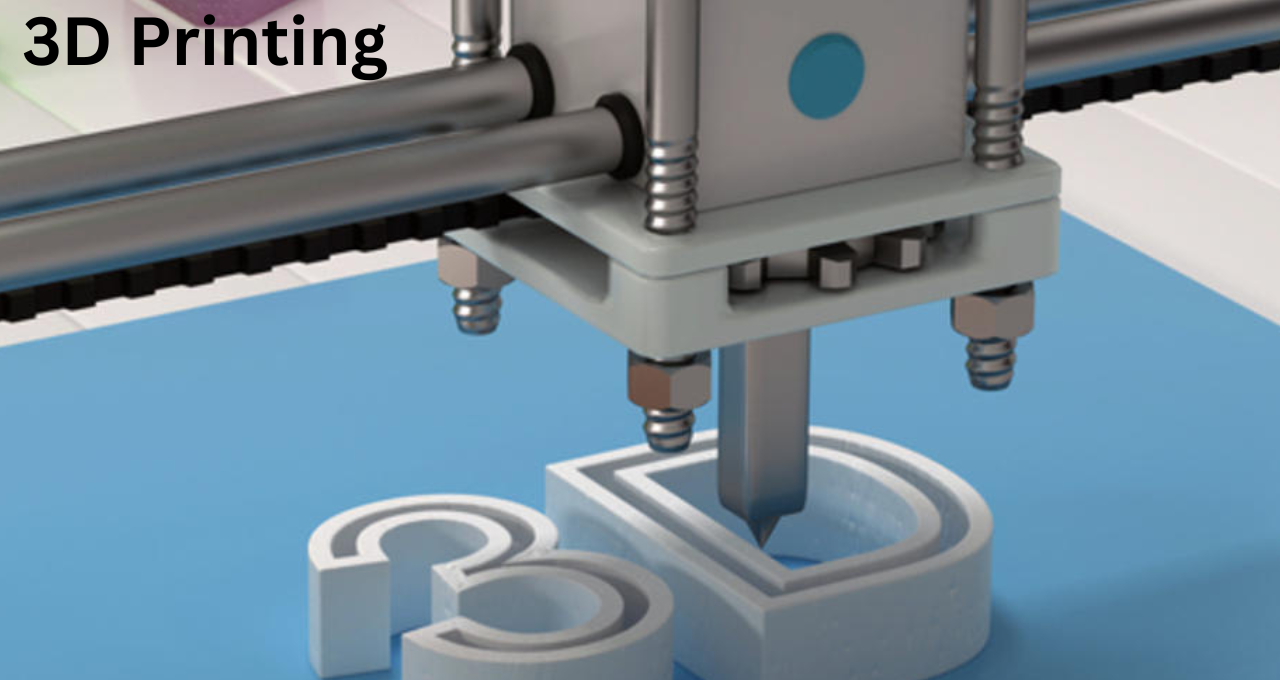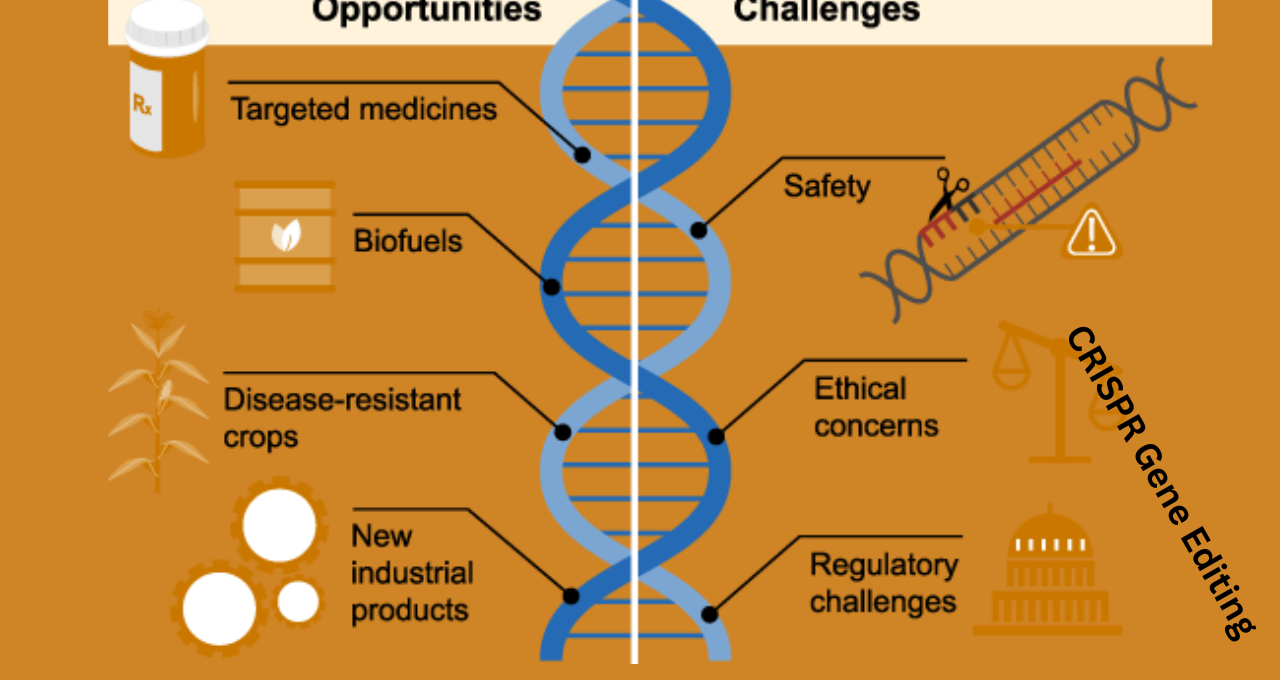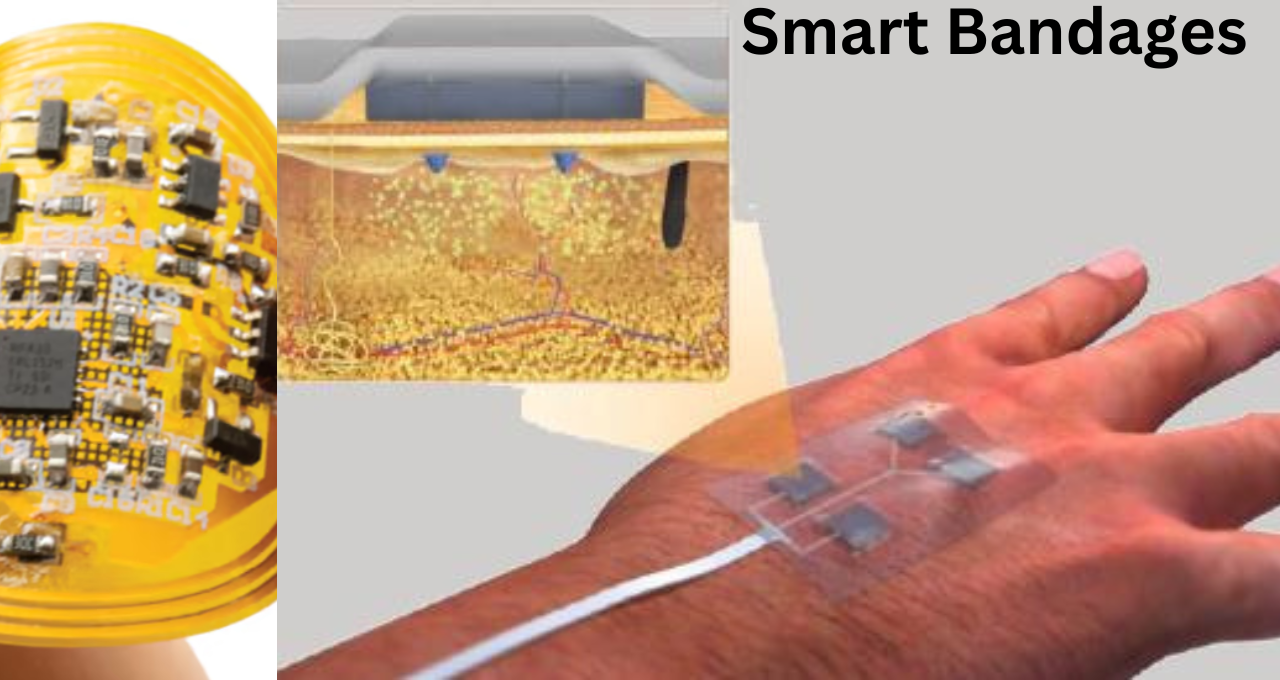Tech Innovations in Healthcare: Transforming the Industry
The world is moving quickly these days, and technology improvements are not just shaping industries but also revolutionizing them. The healthcare sector is no exception. Moreover, with breakthrough innovations emerging at an unprecedented rate, the way we approach healthcare is undergoing a significant transformation. From artificial intelligence to 3D printing, these Tech Innovations in Healthcare: Transforming the Industry are not just improving outcomes but also reshaping the entire landscape of healthcare delivery. Let’s delve into five key innovations that are at the forefront of this transformation.
Artificial Intelligence (AI)

AI technology has transformed healthcare by utilizing algorithms and machine learning to discover new drugs, improve disease diagnosis, and revolutionize treatment. Small brands can foster loyalty through AI-driven innovations. AI serves as a powerful tool for identifying disorders on a large scale with high accuracy, such as detecting cancer cells for surgery. It expedites processes like mammograms, enabling more efficient reviews and tissue extractions without invasive procedures like biopsies.
3D Printing

With the development of 3D printing technology, new opportunities have emerged.
in healthcare. From creating personalized prosthetics to manufacturing
replacement joints, the applications of 3D printing in medicine are vast
and varied. What sets 3D printing apart is its ability to accelerate production
processes while simultaneously reducing costs. For instance, the time
taken to produce hearing aids has been slashed from over a week to
just a day, thanks to 3D printing technology.
CRISPR Gene Editing

CRISPR gene editing technology holds immense promise in the realm
of healthcare. By precisely modifying genetic sequences, CRISPR has
the capacity to completely transform how a number of illnesses are treated, including
cancer and HIV. However, ethical considerations surrounding its use
remain paramount. While CRISPR offers unprecedented opportunities
for medical advancement, it also raises significant ethical dilemmas that
must be addressed.
Virtual Reality (VR)

Virtual reality (VR) is not just confined to the realm of entertainment; it’s
making significant inroads into healthcare. From advanced surgical
simulations to pain management and mental health treatments, VR is
transforming patient care. Surgeons can now rehearse complex
procedures with greater precision, while individuals suffering from
mental health disorders can benefit from immersive therapeutic
experiences.
Smart Bandages

Smart bandages equipped with sensors represent a leap forward in
wound care technology. By monitoring wound healing in real-time
and providing targeted stimulation, these bandages promote faster
recovery and reduce the risk of complications. While there are still
obstacles must be overcome, such expenses and data storage problems,
smart bandages hold immense potential for improving outcomes,
particularly for patients with chronic conditions like diabetes.
Conclusion
The techniques that are combined with state-of-the art technologies
are a fundamentally new paradigm.the current revolution in healthcare
offers new solutions and possibilities through cutting-edge innovations.
From AI-based-diagnostics and individualized regenerative-therapies AA,
as an examplethese innovations however may bring some uncertainties
to our way of dealing with global issues.premier paramount difficulties
around healthcare organization and clinical excellence.patient outcomes.
Nevertheless, the unavoidable compromise of ethics is an issue.
intend to take the issues into account and consider these together
with the implications and the rules.that humanity keeps control on
these technologies and handles them in a fair and upright manner..
FAQs
How are AI-powered algorithms improving disease detection?
Medical data, including imaging scans, is analyzed by AI systems.
and patient records, to identify patterns associated with various
diseases. By recognizing subtle anomalies that may be
overlooked by human observers, AI enhances the accuracy
and efficiency of disease detection, leading to earlier diagnosis
and treatment.
How are AI-powered algorithms improving disease detection?
AI systems examine health information, such as imaging scans and
patient records, to identify patterns associated with various diseases.
By recognizing subtle anomalies that may be overlooked by human
observers, AI enhances the accuracy and efficiency of disease
detection, leading to earlier diagnosis and treatment.
What are some challenges associated with the widespread adoption of 3D printing in healthcare?
While original equipment manufacturers (OEMs) of 3D printing
in healthcare represent a promising prospect, there are also
several ethical concerns.addressing the hurdles is important
for the widespread adaption of er.Thesepack in regulations
related to business owners, likeness of printing materials, etc.
the safety measurement and the efficiency testing of 3D-printed
medical devices should be also considered.Along with scalability
and cost-effectiveness, it is also essential to have,sustainability
as one of the major factors to secure a place in the market.
incorporating 3D printing into intensive care
unit by routine way should be realised.
What ethical concerns surround the use of CRISPR gene editing technology?
CRISPR gene editing raises significant ethical considerations,
particularly regarding its potential to alter the human germline
and introduce heritable genetic modifications. Additionally,
concerns about off-target effects, unintended consequences,
and equitable access to gene editing therapies must be addressed
to ensure responsible and ethical use of this technology.
Are mental health patients using virtual reality in the therapy process or is it only
healthcare providers who are taking a lead in the scene?
By means of Virtual Reality Therapy, one can solve the problem
of how to consider mental health treatment in a completely new way.
as well as supporting therapy by providing people a chance to enter a virtual world.
for therapeutic interventions. Through applying medicines in a limited capacity,
more people can get access to the necessary treatment.simulation of
anxiety-triggering contexts through VR therapy, one is capable of being
familiarized with such situations.it gives them an opportunity to overcome
their fears and igniting their heroic self-confidence in a safe environment.
setting. Furthermore, the applications which emphasize on relaxation exercises,
done through VR and mindfulness, constitute vital parts of the system.
such sessions teach us different techniques which are precursors of stress reduction and are also the best black boxes to put off our negative emotions.
What are the potential benefits of smart bandages in wound care?
Smart bandages have a lot of benefits in the treatment of wounds
as they reduce chances of infection and give health care professionals
a better way to monitor the healing process.exertion of real-time functionality
for status observers, early diagnostic of complications, which probably would
allow achieving better treatment outcomes, also, lessening of hospitalization
costs.and targeted therapeutic interventions.By providing clinicians with
time-opportune convictions of the healing process, smart bandages empower.empower the promoters of personal touch and enhance the chances of obtaining
positive results in patients.chronic wounds.
